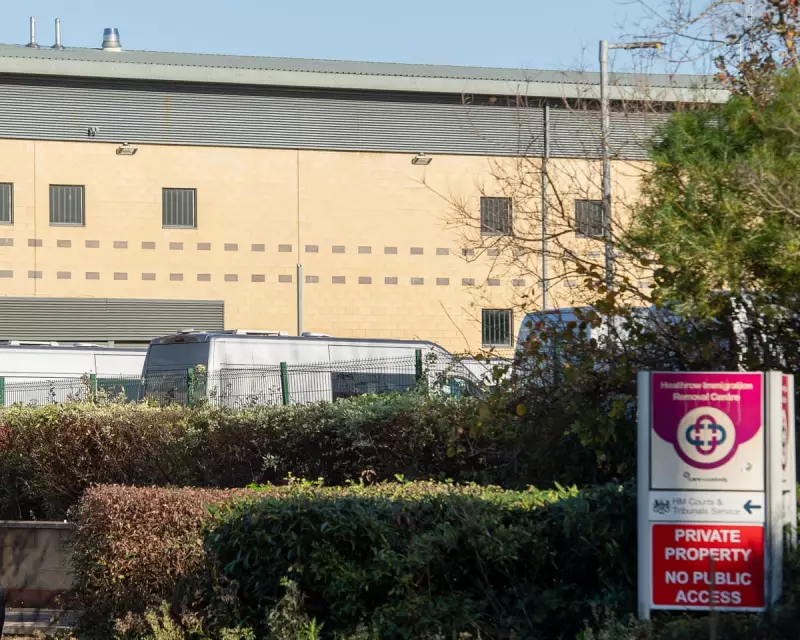
A damning watchdog report has exposed what it describes as "deeply concerning" excessive use of restraint in UK immigration detention centres, revealing cases of vulnerable individuals including a frail 70-year-old man being routinely handcuffed without justification.
Systemic Failures in Detention Centres
The Independent Monitoring Boards (IMB), which examines conditions in prisons and immigration detention facilities, published its report titled By Force of Habit: How the Use of Force in Immigration Detention Has Lost Sight of Necessity and Dignity. The findings paint a disturbing picture of force being applied inconsistently, disproportionately, and without adequate justification, undermining the dignity and welfare of highly vulnerable individuals.
The report highlights how routine handcuffing, particularly during hospital transfers, has become the default position rather than the exception. In one particularly alarming case, a frail 70-year-old man was handcuffed despite paperwork showing no evidence of risk. The report describes the practice of only allowing detainees to receive hospital treatment if they accept handcuffs as "a form of coercion".
Disturbing Incidents and Toxic Culture
The investigation uncovered several deeply troubling incidents that raise serious questions about staff culture and practices within detention centres. One case involved a man on constant suicide watch who was screaming and resisting removal. He was carried naked from the waist down to a plane after removing his trousers, with staff taking turns to push his head against his seat. The report found the impact on his dignity to be "profound".
Perhaps even more concerning was the discovery of a staff whiteboard displaying what was described as "Thought of the Day: Handle Stressful situations like a dog. If you can't eat it or hump it, piss on it or walk away." Elisabeth Davies, IMB national chair, confirmed the sign was not hidden and described it as representative of problematic staff culture that "offers little reassurance".
Another incident involved a personal protection trainer telling officers: "If someone's coming at me, I'm going to keep myself safe. I don't worry about what's proportionate" - a statement that directly contradicts proper procedure and training standards.
Accountability Gaps and Home Office Response
The report identifies significant failures in recording and oversight, with incomplete documentation, inaccurate records, and ineffective review processes creating serious concerns about governance and accountability. Missed opportunities for de-escalation were common, and the report found no evidence of trauma-informed approaches despite many detainees having experienced torture, trafficking, and other traumatic events.
Davies emphasised the urgency of the situation, stating: "For the use of force to be lawful, it must be necessary, reasonable, proportionate and justifiable, but what we are seeing is a system where restraint has become routine". She has written to the Home Office "numerous times" raising concerns about high levels of handcuffing without clear justification.
The report comes at a sensitive time as the government has pledged to expand immigration detention capacity to facilitate more deportations. A Home Office spokesperson responded that they would "carefully consider the findings" and that all use of force incidents are reviewed to ensure techniques are used proportionately.
Medical Justice, which supports the health of immigration detainees, described the findings as "distressing" and accused the Home Office of presiding over "dangerous use of force" demonstrating "an inexcusable disregard for the safety of vulnerable people in its care".





